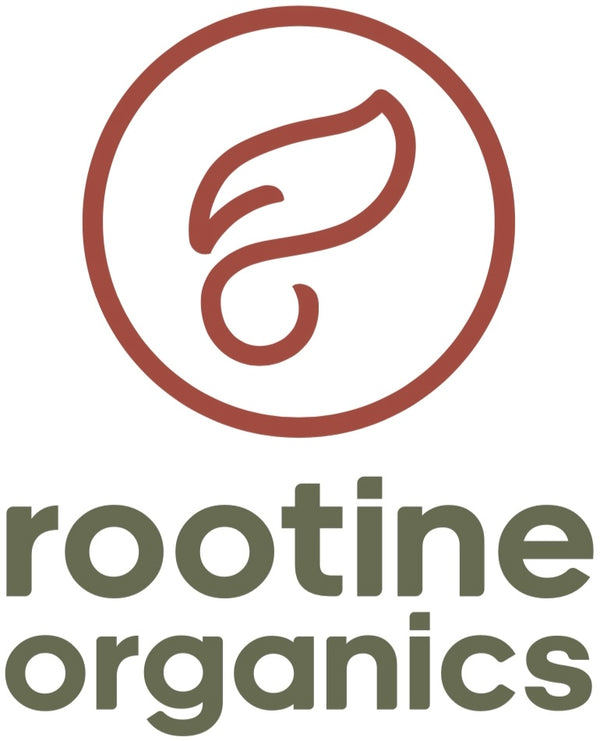The ongoing trend of a plant-based diet has messed up many minds. Are you one of those people who think twice about their omelet breakfast and rather think about eating oatmeal? You might be thinking about switching to a plant-based diet.
But it is more difficult to manage than you think. Why? Because as a beginner, sometimes you find it hard to understand whether pasta is included in plant-based items or fries are fine since potato comes from a plant.
For a beginner like you, this guide will be of immense help.
What is a Plant-Based Diet?
A plant-based diet means different things to people, but its general meaning is to get your required nutrition from plants. You include more natural and plant-based products. Plant-based nutrition obtained from organic superfoods is very beneficial, and you must include them in your diet.
To understand a plant-based diet, understand the types of diet first:
- Vegan Diet: People on a vegan diet only eat plant-based food; no animal-based food is included, not even dairy products.
- Vegetarian Diet: Vegetarian diet includes plant-based food and dairy products but no poultry, seafood, or meat. This diet is often called lacto-ovo, as eggs and dairy products are sometimes included.
- Pescatarian or Mediterranean Diet: This diet includes eggs, dairy, and seafood, but no meat or poultry.
- Semi-Vegetarian Diet: It refers to a vegetarian diet where meat, poultry, and seafood are occasionally included in the diet.
Vegan and Vegetarian diets are plant-based, as most nutrition is derived from plants.
How To Adopt a Plant-Based Diet?
Switching to a plant-based diet isn’t difficult. The only thing you need to keep in mind is to switch your food to plant-based options. Here are a few tips to help you out.
Address The Problem
There must be a reason you must have decided to switch to the plant-based diet, right? It may be your upset stomach, consistent indigestion, female hormones, etc. When choosing the plants, address the problem with your body and decide what might help. For example, switch to lemon if you want glowing skin and want to reduce acne. Or if you are always low on energy levels, ashwagandha might help. Plant-based nutrition can also be obtained from natural blends, which are intelligently created to offer you the required nutrition. For example, if you have trouble digesting, you can try Rootine Organics’ Cleanse perfect blend with Harad, ajwain, and senna, which clean your gut thoroughly. So, address the problem and then choose your dietary items.
Include Good Fats
Fats play an important role in the body's nutrition needs. However, if fats made you think of butter you greedily put on your toast or the groundnut oil for your favorite fritters, you are on the wrong track. Instead, switch to nutritional fats such as olive oil or canola oil.
More Greens
Even Spiderman said, “Eat more green vegetables.” Jokes apart, green vegetables have no substitute. Spinach, lettuce, coriander, cucumber, broccoli, zucchini, dandelion greens, beans, watercress, etc., are a few of the green vegetables which can give you as much iron as any non-veg item. Do you know that 100-gram chicken breast has 1 mg of iron while 100 gm spinach has 2.7 mg of iron? Choose wisely.
Eat Fruits Rather Than Sweets

When it comes to a plant-based diet, sweets are also a no-no. Yes, it might be a big step, but increased sugar intake increases the risk of diabetes, acne, weight gain, skin aging, cancer, depression, etc. Switch to a better choice: fruits. Yes, a ripe mango shake is way better than a rasgulla. Or a watermelon slushie will make a way better drink than a cola. Eat fruits for desserts.
Eat Whole Grains
Your body needs fiber, especially your gut. A healthy stomach is key to your overall health; to keep it healthy, you must eat food items high in fiber. If you love non-veg, here is a fact for you. Meat, seafood, and chicken have no dietary fiber and are hard to digest. Instead, plants are high in fiber. Therefore, whole grains must form part of your diet plan. Oatmeal, quinoa salad, buckwheat porridge, and barley or maize bread are some recipes to ensure that you are getting enough fiber.
Switch Your Soup Options
A chicken Manchow or chicken noodle soup can be hard to leave when you are switching to a plant-based soup, but lentils can help you a lot. The reason? They are full of nutrients such as fiber, iron, calcium, potassium, zinc, phosphorous, etc. While chicken has many vitamins, legumes can easily compensate for the nutrition.
Plant-Based Health Supplements
Health supplements are concentrated forms of all the required nutrients, and if they are derived from plants, they are even better. The Indian land is full of trees and plants, which have magical values. There are numerous ingredients that, when blended in the correct proportions, can offer immense health benefits. The Immune Power Blend is an organic superfood with Amla, Guduchi, Tulsi, etc., as its main ingredients that boost your immunity.
Natural Health Solutions
One should indeed have a balanced diet, but a balanced diet does not mean that it should be a blend of vegetarian and non-vegetarian food items. You can obtain the required nutrition from plants, and this guide will help you understand that you can switch to a plant-based diet.
To compensate for the nutrients, you can choose Rootine Organics, where you will find authentic and created blends derived from plants that make India a rich land for medicinal plants.
Visit the website now and check what we have for your perfect health.

